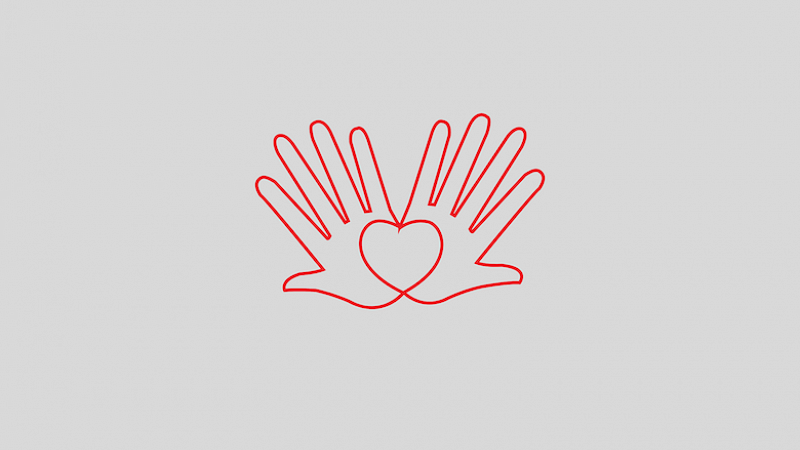
By Shealy Long, Advertising and Brand Responsibilty Master's student
I recently read a tweet by Sarah Rogers (@sarahnrogers) stating, “Please god, ban the phrases ‘in these uncertain times’ or ‘in this together’ from commercials indefinitely. Burger King isn’t your friend, it’s a f*cking fast food chain.”
I agree with Rogers’ tweet. Everything brands are saying sounds rehearsed; nothing seems authentic. Their messaging shows how the advertising industry needs brand responsibility executives to help navigate crises, so they don’t receive eye rolls from consumers.
To piggyback off of Rogers’ tweet is the purchase-to-donate model companies initiated during COVID-19. I can feel my face heat up because this model makes me angry and frustrated. I want to call the CEO and say, “Don’t do this, issue a retraction.” If I had that kind of power, I would not be angry with companies during “these uncertain times.”
I see it as an ultimatum: If we’re going to donate, you need to buy products from us, or we won’t do anything.
It’s also a slap in the face that companies can donate but won’t until they make profits from consumers. I understand they have to pay their employees, but a lot of people have lost their jobs and are struggling with putting food on the table or keeping a roof over their heads.
Rothy’s is a women’s clothing company that makes products, like shoes and bags, made from 100% recycled plastic. Their shoes have a high price point, considering they are advertised as comfy rather than designer. In April, Rothy’s announced they were sourcing nonmedical masks for frontline workers, but they would only donate supplies with a purchase of their shoes.
Their community, and potential clients, criticized the half-assed attempt to help frontline workers while still making a profit.
On April 13, 2020, Rothy’s issued a statement on Instagram stating, “We’re listening.… While we normally pride ourselves on moving quickly, this time it led to a misstep — and we are truly sorry for that. We want to get masks to essential workers as fast we can. Therefore, we are removing the purchase-to-donate component of our program. While we had the best intentions at heart, we agree that wasn’t the right approach. We are working rapidly to source 100,000 nonmedical masks to make a bulk donation….”
Rothy’s is not the only company doing this. I checked out my Instagram stories, and a blogger I follow posted about Verb Energy Bars. This blogger makes her living as an influencer, and her husband is a first responder, so I was surprised she endorsed this.
Her Instagram story stated, “They [Verb Energy] are donating 500k verb energy bars to healthcare workers and first responders. They are donating 1 bar for every 2 bars purchased!”
If Verb Energy can donate 500,000 energy bars to healthcare workers and first responders, then why tie it to a purchase-to-donate model? Like I stated above, it is a slap in the face.
Healthcare workers and first responders put their lives on the line to help people because they made an oath. Companies should be celebrating with donations, not purchase-to-donate models. It’s like waving a lollipop in a child’s face, but not giving it to them.
I see it as Verb Energy saying, “Oh, we have 500,000 energy bars that could help you get through 12-hour shifts, but we need people to buy bars before we do anything nice for you people putting their lives on the line every day."
I am tired of this pseudo-help mindset companies are flaunting, so consumers can think they are great companies doing amazing stuff "during these unprecedented times." If a company can donate items, they should be donating them, not tying them to a purchase-to-donate model.
Shealy Long has a B.S. in integrated marketing communication (IMC) from Winthrop University. She has a strong background in communications, marketing and media. As an IMC major, she got the strategy side of marketing and the creative side of mass communication. She is currently attending the SOJC as a graduate student in the master's in advertising and brand responsibility (MABR) program, where she is learning how to define brand responsibility, design effective brand responsibility strategies and analyze consumer concerns about societal issues. The MABR program is giving her the skills to not only succeed in the advertising industry, but change it for the better.
